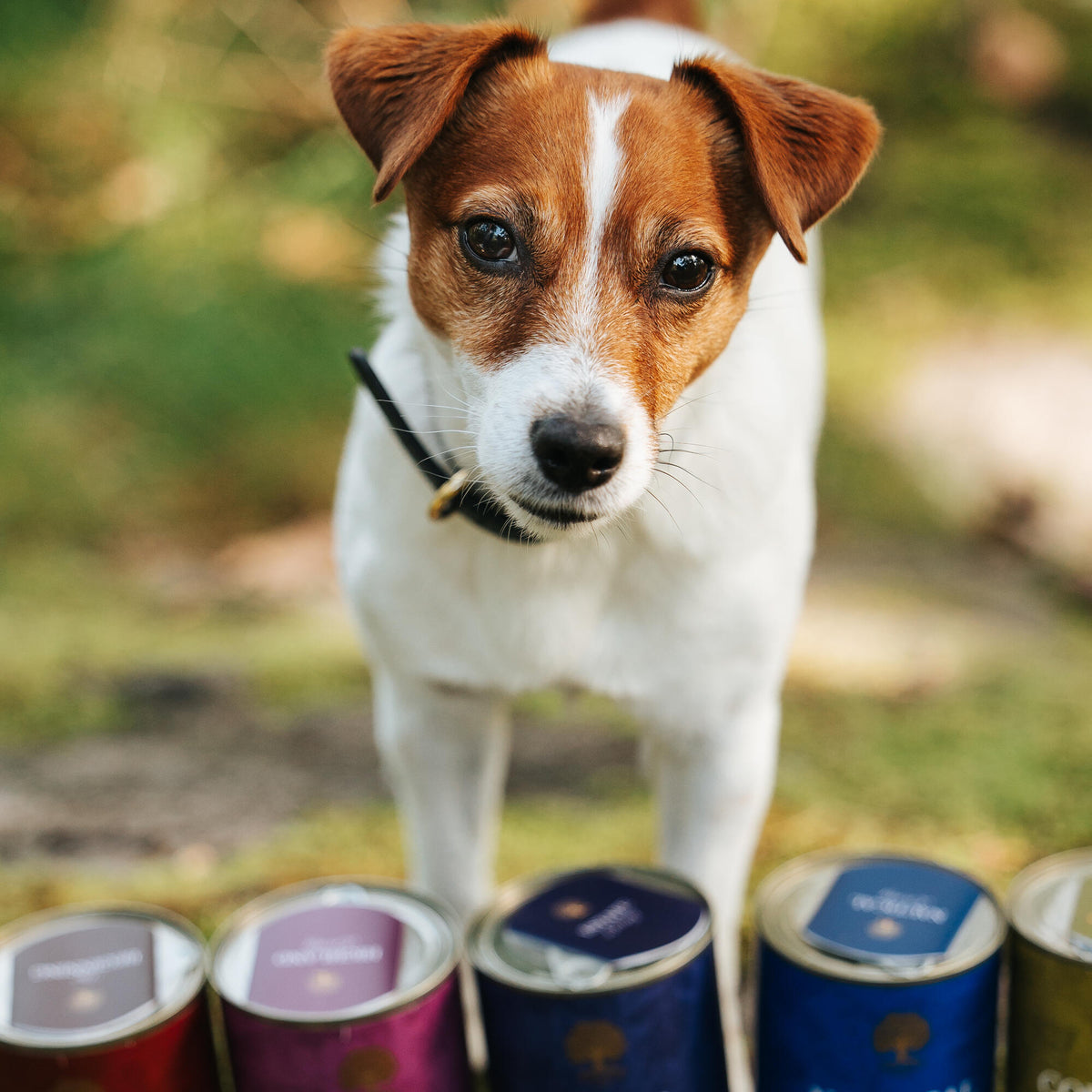The dietary needs of cats and dogs are distinct, raising the question: Can cats and dogs eat the same food? This question is especially relevant for pet owners who may want to simplify feeding routines. In this comprehensive article, we will explore the differences between cat and dog nutrition, focusing on specific types of dog food such as puppy food, natural dog food, and grain-free dog food.
Understanding the Nutritional Needs of Cats and Dogs
Cats and dogs have unique nutritional requirements. Cats are obligate carnivores, meaning their diet must consist primarily of meat. They require high levels of protein, taurine, arachidonic acid, and specific vitamins like vitamin A, which they can only get from animal sources. Conversely, dogs are omnivores, capable of digesting both plant and animal matter. Their diets are more flexible, allowing for a mix of proteins, grains, and vegetables.
Why Cats Cannot Eat Dog Food
Dog food lacks certain essential nutrients required by cats. For instance, taurine is crucial for cats as it supports their vision, heart function, and reproductive health. Dogs can synthesize taurine from other amino acids, but cats cannot, which is why their diet must include taurine-rich foods. Feeding cats dog food over a prolonged period can lead to severe nutritional deficiencies and health issues.
Puppy Food: Tailored for Growing Dogs
Puppy food is specially formulated to meet the nutritional needs of growing dogs. It is rich in protein and fats to support rapid growth and development. Key nutrients like DHA, a type of omega-3 fatty acid, are included to promote healthy brain and vision development. Puppies also require more calories than adult dogs due to their high energy levels. Therefore, puppy food ensures they receive the optimal balance of nutrients during their growth stages.
Natural Dog Food: Benefits for Your Pet
Natural dog food is made from high-quality ingredients without artificial additives, preservatives, or fillers. This type of food provides a more wholesome and nutritious diet for dogs. The ingredients are often minimally processed, retaining more of their natural nutrients. Feeding your dog natural food can lead to better digestion, fewer allergies, and a healthier coat. Additionally, natural dog food tends to be more palatable, encouraging dogs to eat more enthusiastically.
Grain-Free Dog Food: Is It Better?
Grain-free dog food has become popular among pet owners who believe grains can cause allergies and digestive issues in dogs. While not all dogs are sensitive to grains, grain-free diets can be beneficial for those with specific allergies or intolerances. Grain-free dog foods typically contain higher protein levels and are made with alternative carbohydrate sources like sweet potatoes or peas. These foods aim to mimic the natural diet of dogs, which historically consisted of more protein and fewer carbohydrates.
When it comes to choosing the best food for your dog, essential dog food stands out. This type of food is grain-free, ensuring dogs avoid potential allergens and digestive problems associated with grains. Essential dog food is formulated with high protein levels and high meat content, providing the nutrients necessary for maintaining muscle mass and overall health. The Biologically Optimal Food (B.O.F) principle ensures that the food closely mimics the natural diet of dogs, promoting balanced nutrition and excellent palatability.
Can Cats Eat Dog Food in Emergencies?
In emergency situations, cats can consume dog food for a short period. However, it is not advisable to make this a regular practice. As mentioned earlier, dog food does not provide the essential nutrients that cats need. In an emergency, it is better to feed cats plain cooked meat without seasoning, which is closer to their natural dietary needs.
The Risks of Feeding Dogs Cat Food
Feeding dogs cat food is also not recommended. Cat foodis richer and higher in protein and fat content, which can be too rich for dogs. Consuming cat food regularly can lead to digestive issues, obesity, and pancreatitis in dogs. Therefore, it is essential to provide species-appropriate food to ensure the health and well-being of both pets.
Conclusion
Choosing the right food for your pets is critical for their health and longevity. While it might be tempting to feed cats and dogs the same food for convenience, it is not advisable due to their different nutritional needs. Puppy food is formulated to support the growth of young dogs, natural dog food provides a wholesome diet free from artificial additives, and grain-free dog food caters to dogs with specific dietary sensitivities. Among these options, essential dog food emerges as the best choice for its high protein, high meat content, and adherence to the B.O.F principle, ensuring your dog receives optimal nutrition and excellent palatability.



